Backpacking through Europe sounds like the ultimate adventure — ancient cities, incredible food, and memories that’ll last forever. You’ve probably seen all the Instagram posts and guidebook photos showing perfectly posed travelers at famous landmarks. But here’s the thing: there’s a whole bunch of stuff that nobody bothers mentioning when they’re busy showing off their highlight reel.
The reality of backpacking Europe is messier, funnier, and way more complicated than anyone lets on. Here’s a list of 20 things that seasoned travelers wish someone had told them before they bought that first Eurail pass.
Your Feet Will Hate You
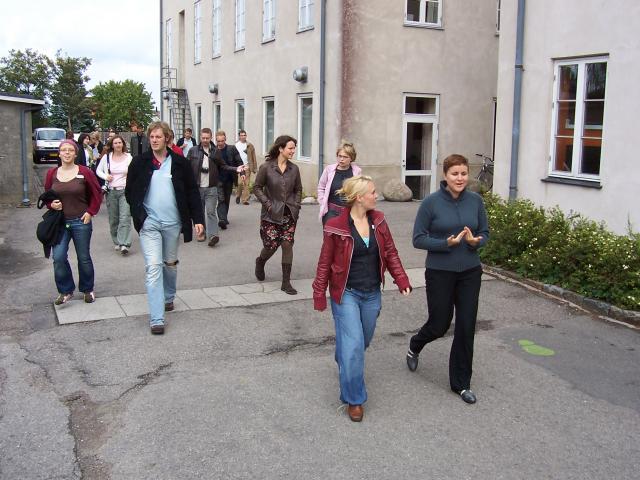
European cities weren’t built for modern comfort — they were designed centuries ago when people wore different shoes and walked at a different pace. Those charming cobblestone streets that look so picturesque in photos are torture devices for your feet in disguise. After a few days of wandering through Prague or Rome, your feet will feel like you’ve been walking on gravel for hours. The stones are uneven, slippery when wet, and seem designed to find every sensitive spot on your foot.
Laundry Becomes an Obsession
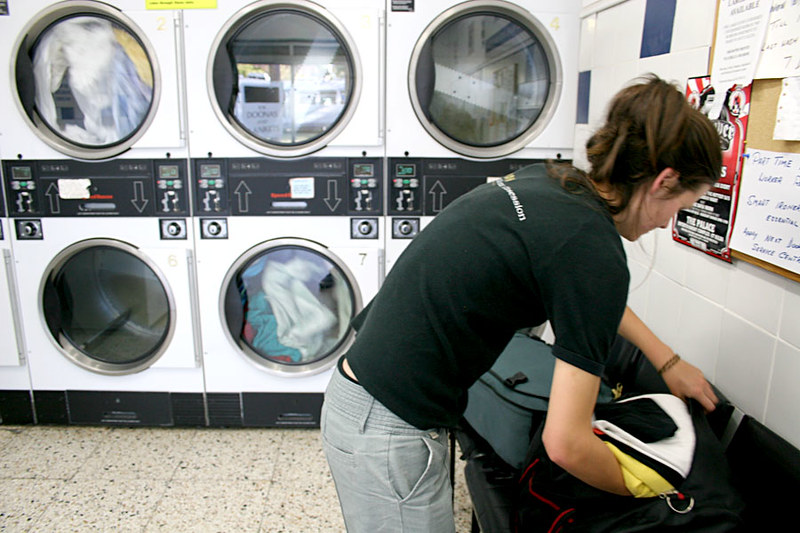
You’ll spend an embarrassing amount of time thinking about clean clothes when you’re carrying everything on your back. European laundromats are often hidden in weird locations, cost more than you’d expect, and have instructions entirely in the local language. Hand-washing your underwear in hostel sinks becomes a regular evening activity, and you’ll develop strong opinions about which fabrics dry fastest. The struggle is real when you’re down to your last clean pair of socks and everything else smells like a gym bag.
Train Strikes Are More Common Than Tourists
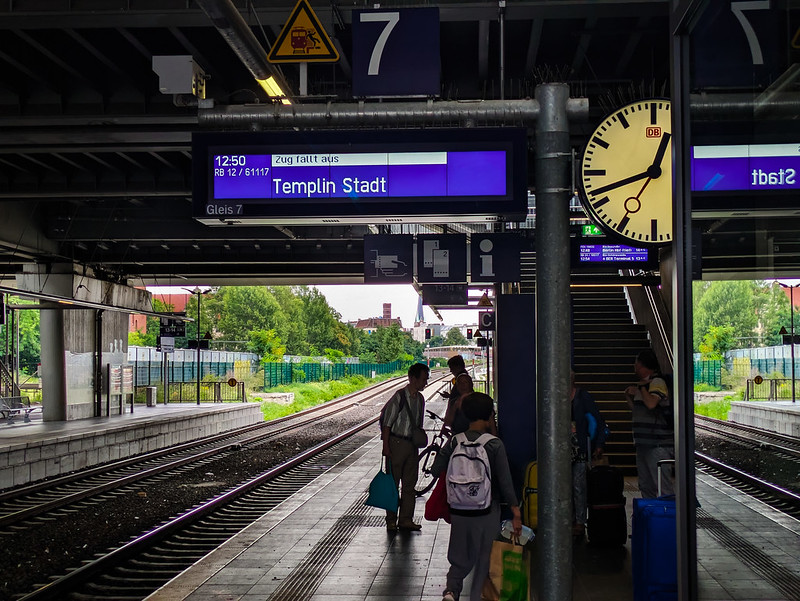
European workers love their labor rights, and train strikes happen way more often than travel guides mention. You’ll show up at the station ready for your perfectly planned journey to the next city, only to find out there’s a strike and nothing’s running. Sometimes these strikes are announced days in advance, but other times you’ll find out when you arrive at an eerily quiet train platform. Having backup plans becomes essential because your tight schedule will get thrown out the window at least once.
Hostels Have Unwritten Social Rules
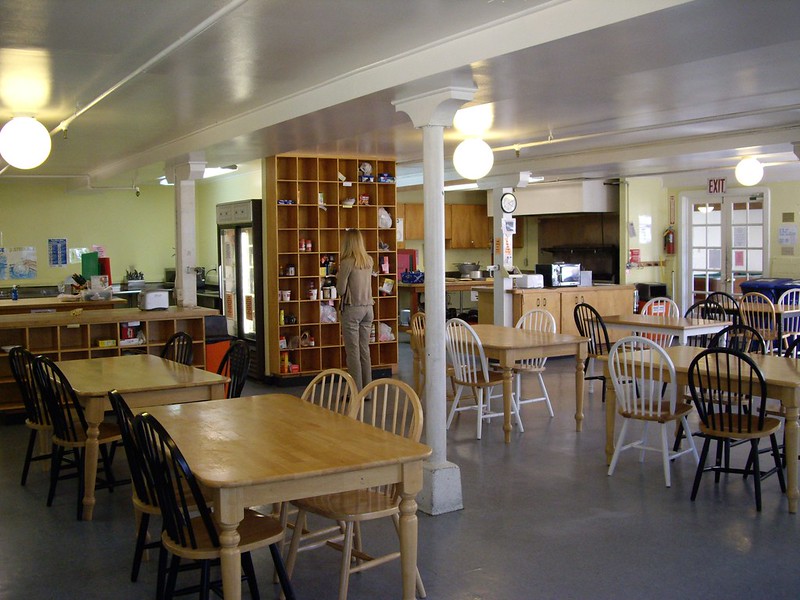
Every hostel has its own weird social dynamics that nobody explains to first-timers. There’s always that one person who treats the shared kitchen like their personal restaurant and leaves dishes everywhere. The unspoken rule about respecting quiet hours gets broken by someone stumbling in at 3 AM after a night out. You’ll quickly learn which beds are best (hint: not the one directly under the air conditioning unit), and how to pack your stuff so it doesn’t annoy your roommates.
Public Restrooms Cost Money
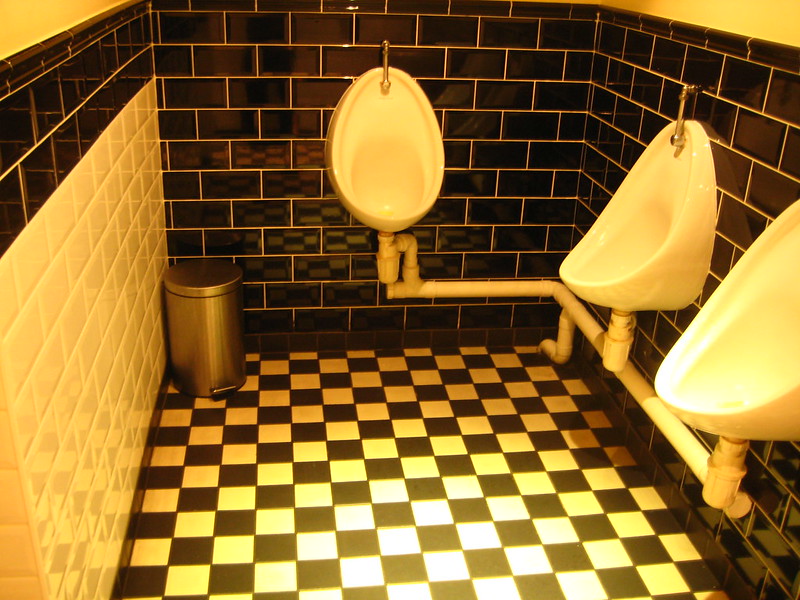
Finding a free bathroom becomes like a treasure hunt, especially in touristy areas where everything costs at least 50 cents to a euro. You’ll start planning your route around places with free facilities like McDonald’s, train stations, or department stores. Some cities have apps that show you where the nearest public restroom is, but half the time those restrooms are either closed for cleaning or require exact change. It’s one of those small expenses that really adds up over a few weeks of travel.
Restaurant Menus Change by Neighborhood
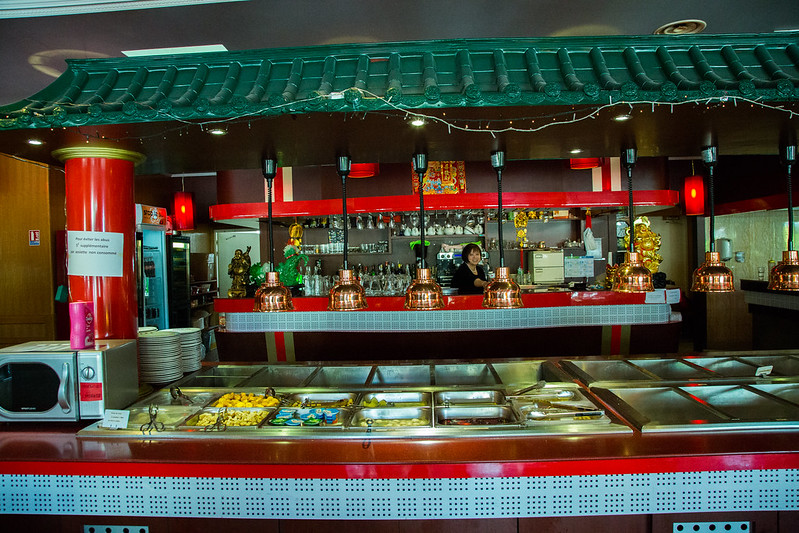
The same chain restaurant will have completely different prices depending on whether it’s in the tourist center or a residential area just 10 minutes away. That pizza that costs 15 euros near the Colosseum might be 8 euros in a neighborhood where actual Romans eat. Local markets and small family-run places almost always beat the restaurants with English menus and photos of food. You’ll save serious money and eat better food just step a few blocks beyond the tourist hotspots.
Language Barriers Hit Harder Than Expected
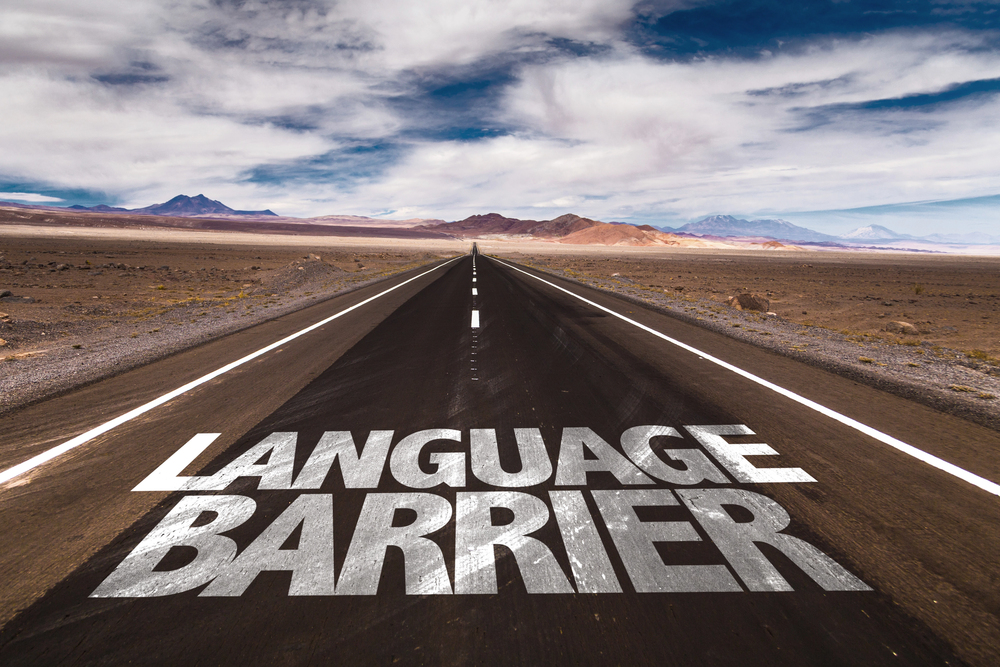
Even in countries where ‘everyone speaks English,’ you’ll run into situations where nobody does. Trying to explain a medical problem to a pharmacist using hand gestures is both hilarious and terrifying. Simple tasks like buying a phone SIM card or asking for directions become complicated puzzles. Learning just a few basic phrases in each language makes a huge difference, but you’ll still have moments where you’re pointing at things like a confused toddler.
Your Phone Will Die at the Worst Moments

European outlets require different adapters, and finding the right one isn’t always straightforward. Your phone battery drains faster when it’s constantly searching for new networks as you move between countries. Portable chargers become as essential as your passport, but they’re heavy, and you’ll forget to charge them half the time. Nothing’s worse than having a dead phone when you’re lost in an unfamiliar city at night.
Weather Apps Lie About European Weather
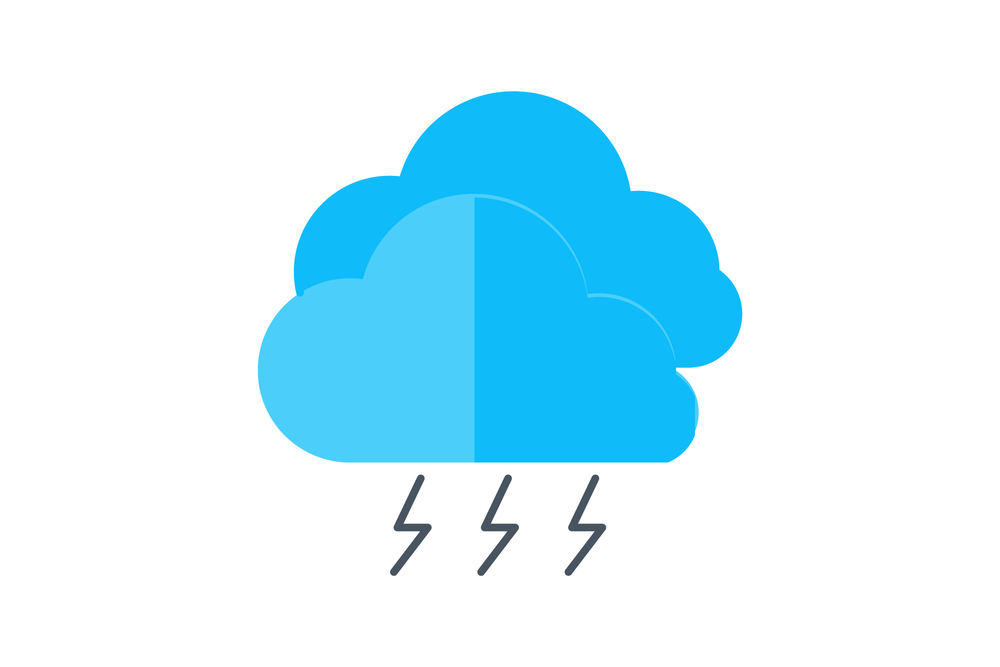
The weather changes faster in Europe than your phone can update, especially in mountainous areas or coastal cities. You’ll pack for sunny weather based on your app, then get caught in a sudden downpour that lasts three hours. European weather is moody and unpredictable — it can be 70 degrees and sunny in the morning, then 50 degrees and raining by afternoon. Layers become your best friend, and that lightweight rain jacket will get more use than any other item you pack.
Museum Fatigue Is Very Real

After your fifth cathedral and tenth art museum, everything starts blending together in your memory. Europe has an overwhelming amount of culture and history, but your brain can only absorb so much before it shuts down. You’ll find yourself speed-walking through world-famous museums just to check them off your list. Sometimes skipping the ‘must-see’ attraction and just sitting in a local park, people-watching is way more memorable.
Cash Still Rules Many Places
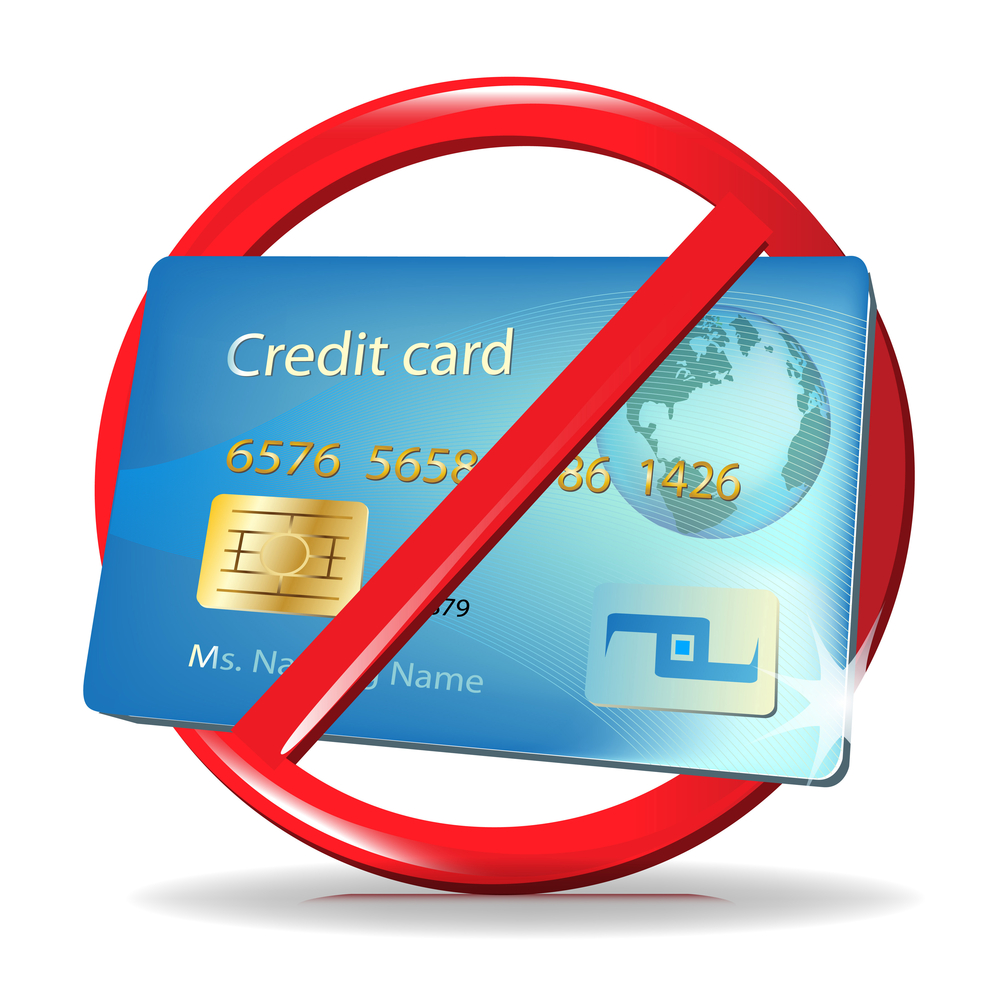
Despite being technologically advanced, many European businesses still prefer cash over cards. Small restaurants, market vendors, and even some hotels will give you weird looks if you try to pay with a card for small amounts. ATM fees add up quickly when you’re constantly withdrawing small amounts of local currency. Each country has different attitudes about card payments, so you’ll never quite know what to expect until you try to pay.
Transportation Apps Don’t Always Work

Each city seems to have its own transportation app, and none of them work perfectly in real-time. The app says your bus is coming in 5 minutes, but it actually arrived 10 minutes ago and left. Some cities have great integrated systems where one app covers everything, while others require you to download separate apps for buses, trams, and trains. Paper maps start looking pretty good when your phone dies and you can’t figure out which direction the subway is going.
Pickpockets Are Incredibly Skilled
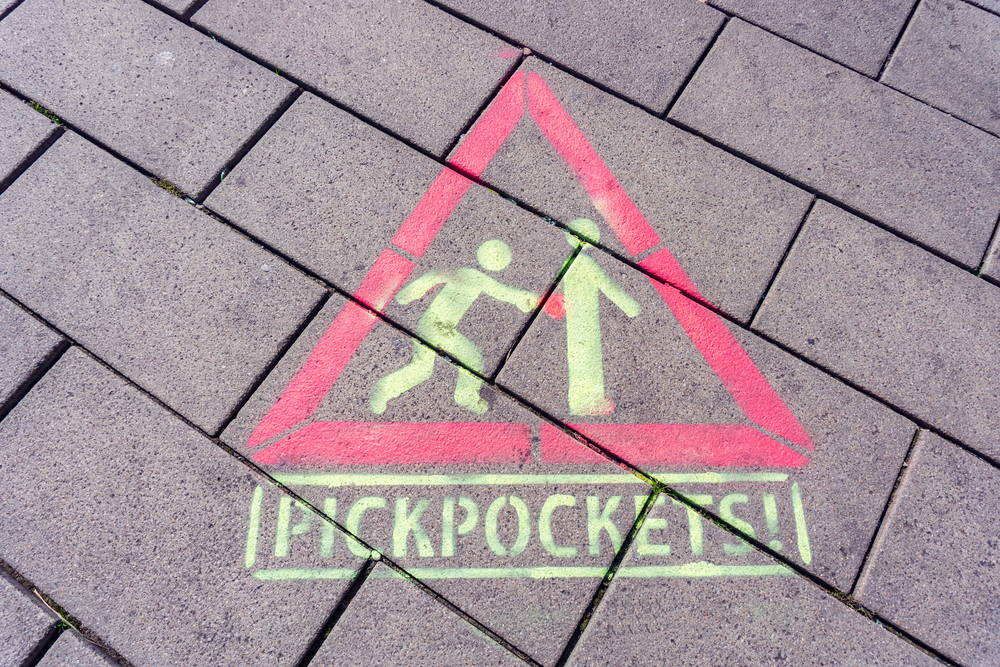
European pickpockets are professionals who’ve turned theft into an art form. They work in teams, create distractions, and can take your wallet without you feeling a thing. Tourist areas are hunting grounds, and they can spot an inexperienced traveler from across a crowded square. Keeping your valuables in multiple places and staying aware of your surroundings becomes second nature, but even careful travelers sometimes get caught off guard.
Grocery Stores Have Weird Hours

European grocery stores close earlier than you’d expect and often shut down completely on Sundays. You’ll find yourself hungry at 8 PM on a Tuesday, only to discover that everything closes at 7. Sunday grocery shopping is nearly impossible in many places, so you learn to stock up on Saturday or go hungry. Each country has different rules about store hours, and even within the same country, hours vary dramatically between big cities and small towns.
Booking Accommodations Gets Competitive
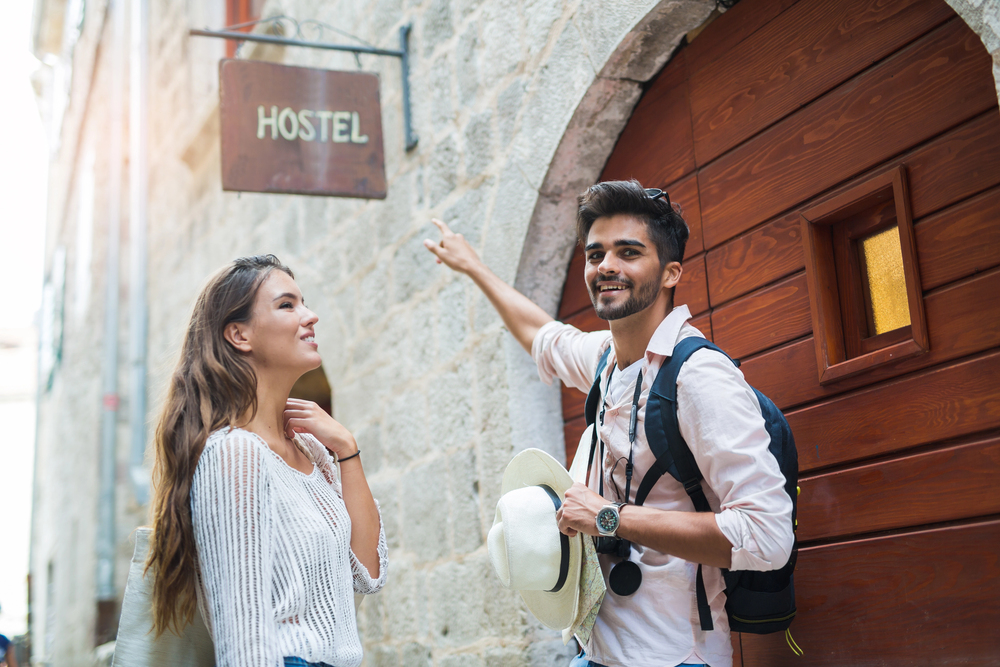
The good, cheap hostels fill up fast, especially during summer months and festival seasons. That perfect hostel you found online might be booked solid by the time you try to reserve it a week in advance. Popular destinations require booking way further ahead than seems reasonable, and prices can double during peak times. Having backup options becomes essential because your first choice probably won’t be available when you want it.
European Breakfast Is Often Disappointing

If you’re expecting American-style eggs and bacon, prepare for disappointment at most European hotels and hostels. Breakfast usually means bread, cold cuts, maybe some cheese, and coffee that’s stronger than rocket fuel. Many places charge extra for what Americans would consider a normal breakfast. You’ll start seeking out local bakeries and cafés that serve real food instead of the continental breakfast that comes with your accommodation.
Tipping Rules Are Confusing

Every European country has different expectations about tipping, and locals will judge you harshly if you get it wrong. In some places, rounding up to the nearest euro is plenty, while in others, leaving no tip is perfectly normal. Restaurant service charges sometimes include the tip, but sometimes they don’t, and there’s no consistent way to tell. You’ll spend way too much mental energy trying to figure out the right amount to leave without looking cheap or stupid.
Crowds Ruin Everything Famous
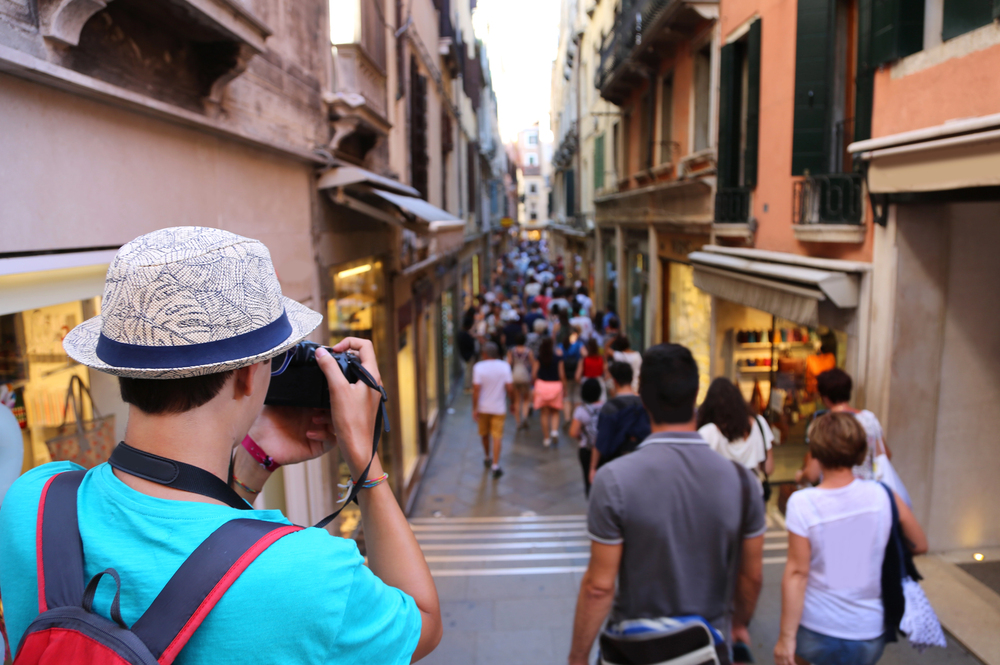
Those iconic European landmarks look amazing in photos because professional photographers know how to avoid the crowds. In reality, you’ll be fighting for space with thousands of other tourists trying to get the same shot. The Trevi Fountain, Tower Bridge, and Eiffel Tower are surrounded by people at all hours of the day. Early morning visits help, but even then, you’re competing with other travelers who had the same bright idea.
Your Backpack Will Betray You

No matter how well you pack, your backpack will develop a mind of its own and try to sabotage your trip. Zippers break at the worst possible moments, straps snap when you’re rushing to catch a train, and pockets tear just when you need them most. The weight distribution that felt perfect in your bedroom becomes torture after walking 2 miles through a city. You’ll spend more time adjusting, repacking, and cursing your bag than anyone warns you about.
Time Flies Faster Than You Think

Despite all the challenges, hassles, and uncomfortable moments, the whole experience goes by incredibly fast. Those weeks that seemed endless when you were planning suddenly feel like a blur of cities, faces, and experiences. You’ll wish you had spent more time in some places and less time in others, but there’s never enough time to see everything you want to see. The best moments often happen when you’re not trying to check things off a list, but when you’re just wandering around with no particular destination in mind.
The Magic Happens Between the Plans

Backpacking Europe teaches you that the best travel experiences usually aren’t the ones you can plan or predict. The connections you make with other travelers, the random discoveries you stumble upon, and the problems you solve together create memories that last way longer than any museum visit. Sure, those Instagram-worthy moments happen, but the real stories come from the messy, unpredictable stuff that nobody puts in their highlight reel.
More from Travel Pug

- 20 Best Beach Towns in the Carolinas
- 13 Destinations Where Tourists Regularly Regret Their Trip
- 20 Things You Actually Get in First Class
- 20 Small Airports With Aviation Museums
- 20 Places in the U.S. That Are Perfect for a Reset Trip
Like Travel Pug’s content? Follow us on MSN.
